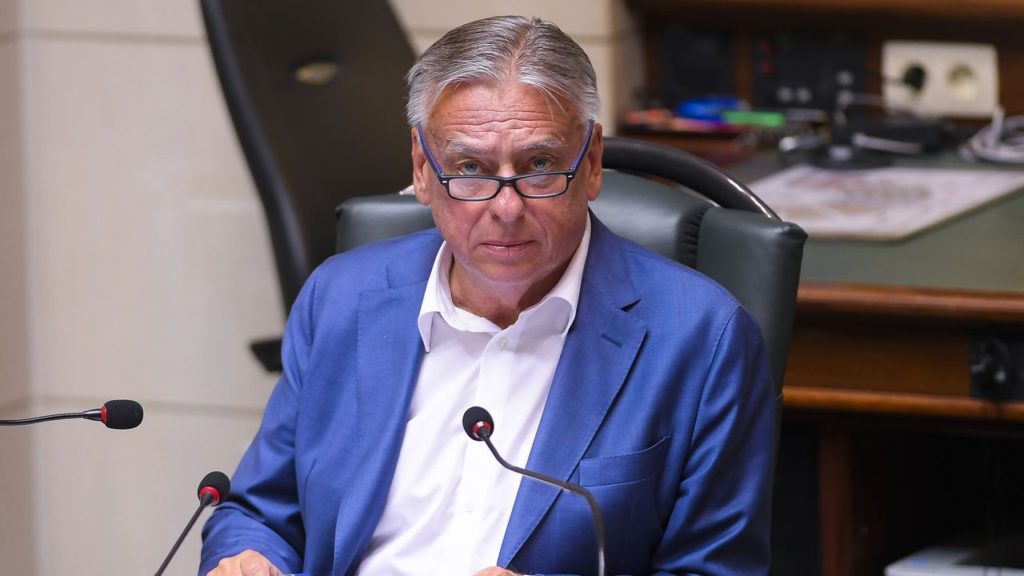The leaders of the political parties in the federal parliament have, with one exception, approved a proposal to set up a parliamentary commission to examine Belgium’s colonial past, principally in Congo.
The motion was proposed by parliament chair Patrick Dewael (Open VLD), who described it as a sort of Truth & Reconciliation Commission, referring to the enquiry carried out in South Africa at the fall of the apartheid regime.
Belgium’s commission is likely to be less momentous than that – which admittedly was dealing with events in living memory, with the necessary amnesty for those who testified.
In fact, the precise terms of reference for the commission, and whether it will be the responsibility of an existing parliamentary committee or a new one set up for the occasion, have still to be worked out.
In any case, the commission will not begin its work until after the summer recess. In the meantime, the parties have time to work out the exact way of working.
Vlaams Belang, of all the parties in the federal chamber, voted against.
Now, while nothing has been decided other than the distant creation of a commission, some are saying the aim should be to have King Philippe make an apology to the people of Congo, past and present, for what the colonial Belgians did there.
That includes, to put it mildly, more than one million people exterminated, and millions more held in conditions that can only be described as slavery, brutalised by their Belgian overseers, and subject to summary punishments including the amputation of limbs, including those of children who had committed the crime of failing to meet their rubber production quota.
Every detail remains to be worked out.
The question of an apology is for some unavoidable.
“We at SP.A believe that there should be an apology,” said group leader Meryame Kitir. "June 30 is imminent. Then we will celebrate 60 years of independence from Congo. It is important that we send a signal then.”
For CD&V, an apology is necessary, but does not go far enough.
Apologies, said fraction leader Servaes Verherstraeten, roll easily off the tongue.
“There has also to be something linked to the apology so that the Congolese people benefit from it. Experts can guide us in this,” he said.
“Will we restrict [the agenda] to Leopold II, or will we take a closer look at Belgium's entire colonial past?” asked Dewael. “What is the role of experts, and what about victims? Those questions need to be addressed before the parliamentary recess [on 21 July].”
The terms of the commission’s mandate will now be considered within the foreign affairs committee, including its own role in the proceedings.
Alan Hope
The Brussels Times

